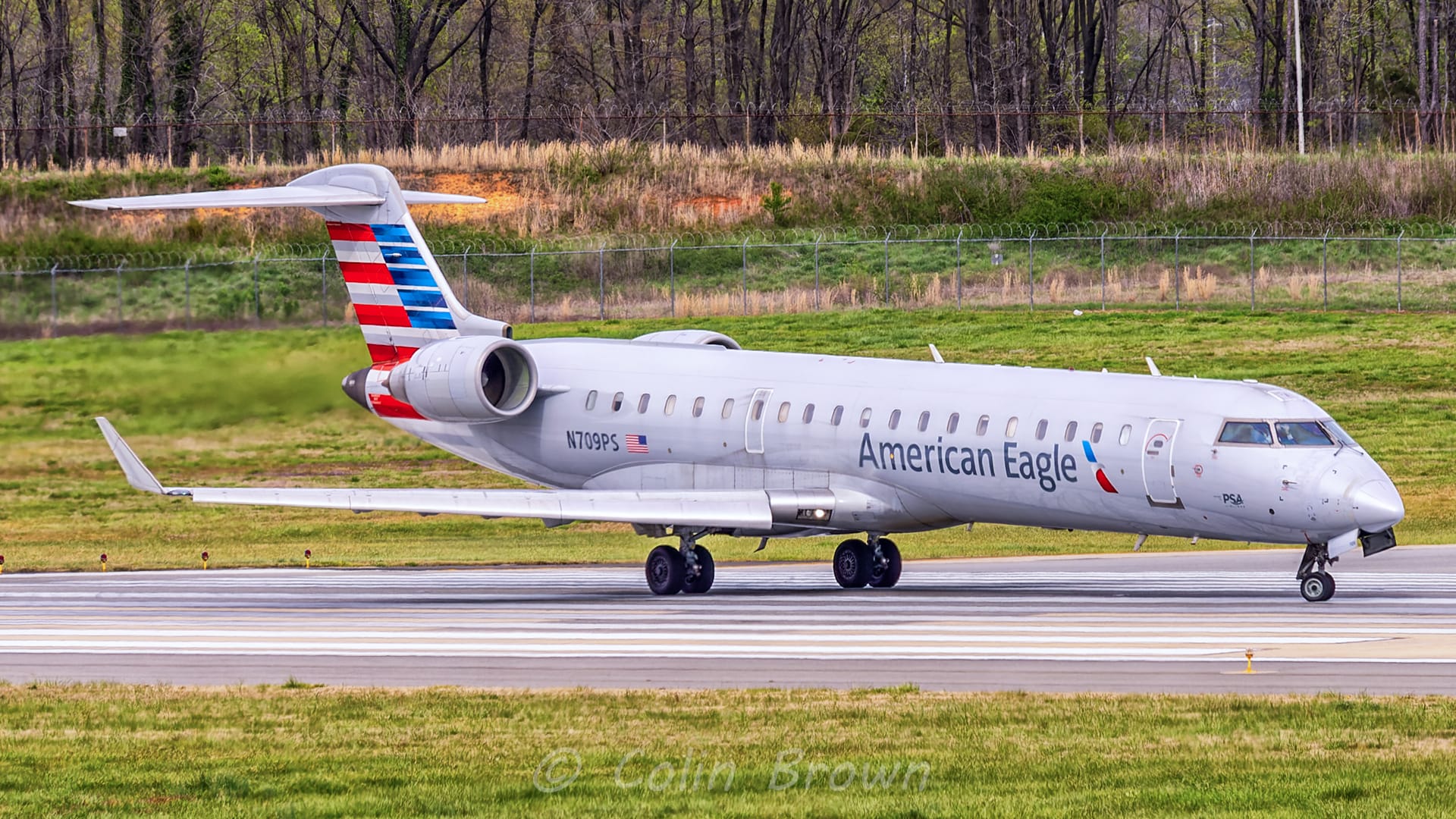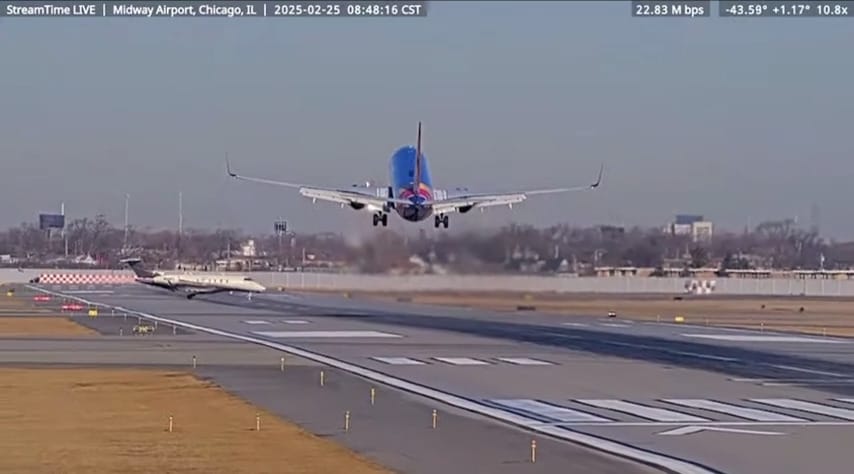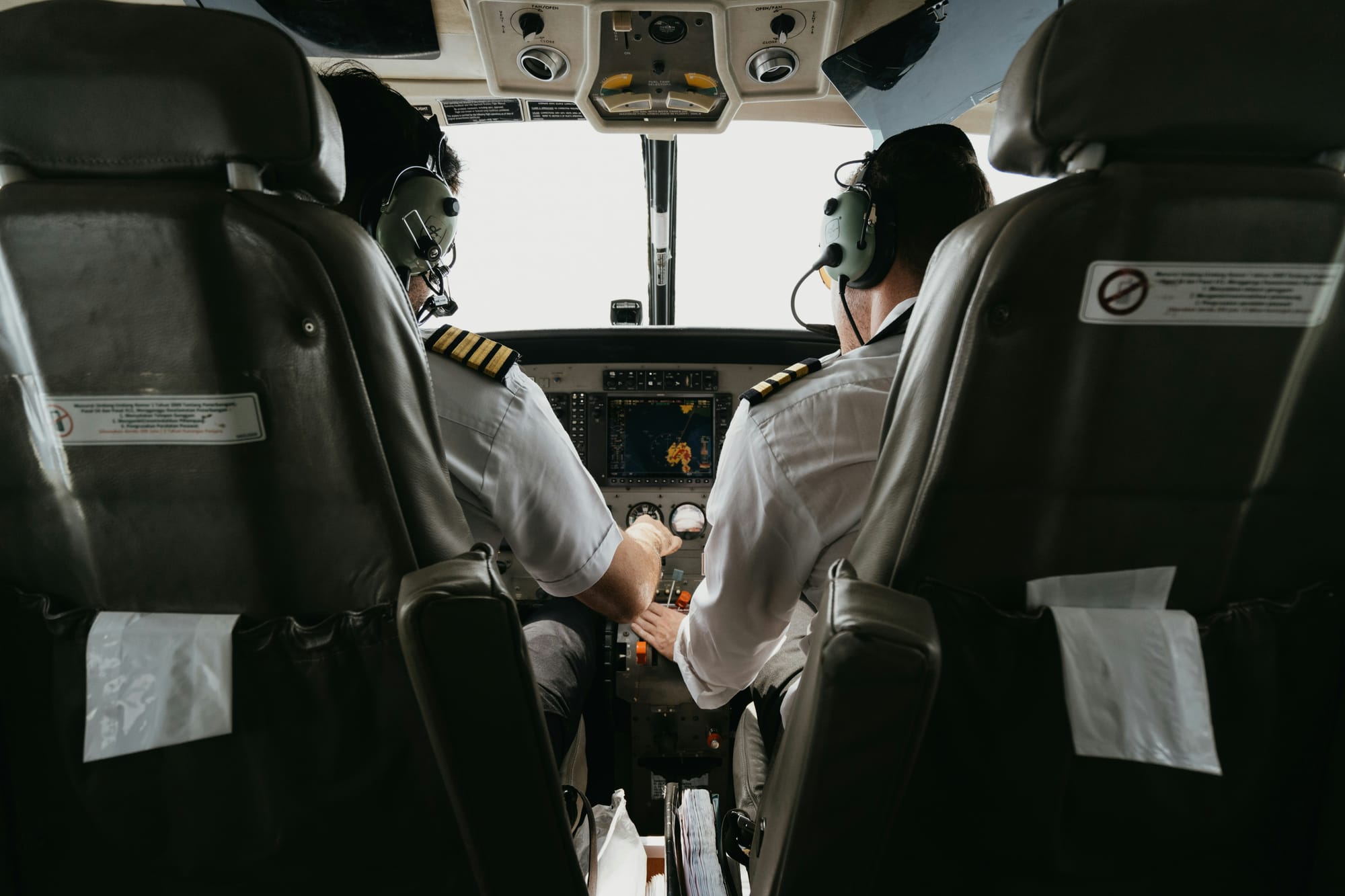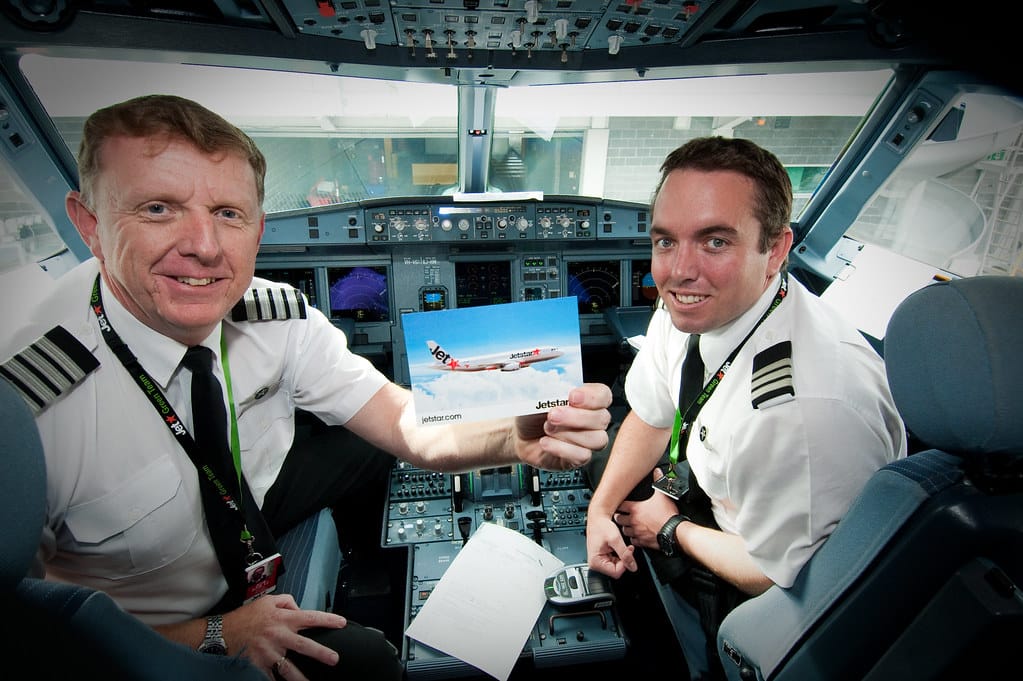United’s CEO Is Wrong to Blame the FAA for New York Flight Delays
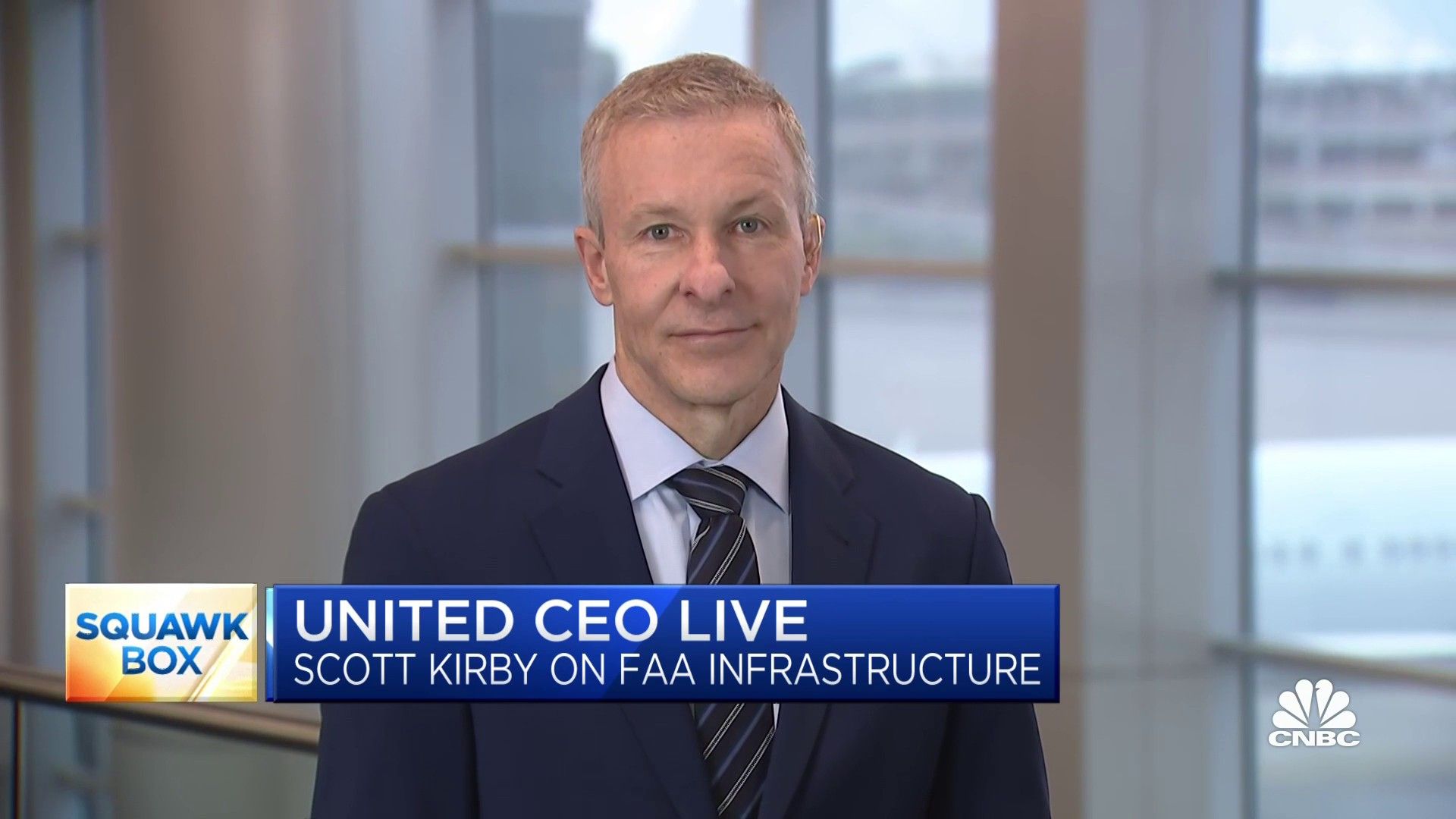
In recent weeks, an escalation of flight cancellations and delays across the Northeast has triggered a wave of frustration among travelers. However, these disruptions have also caused a rift between airlines and the Federal Aviation Agency (FAA). United Airlines CEO, Scott Kirby, has publicly criticized the FAA for their role in the disruptions, a claim that has been met with strong rebuttals from other industry stakeholders.
The United Airlines Controversy
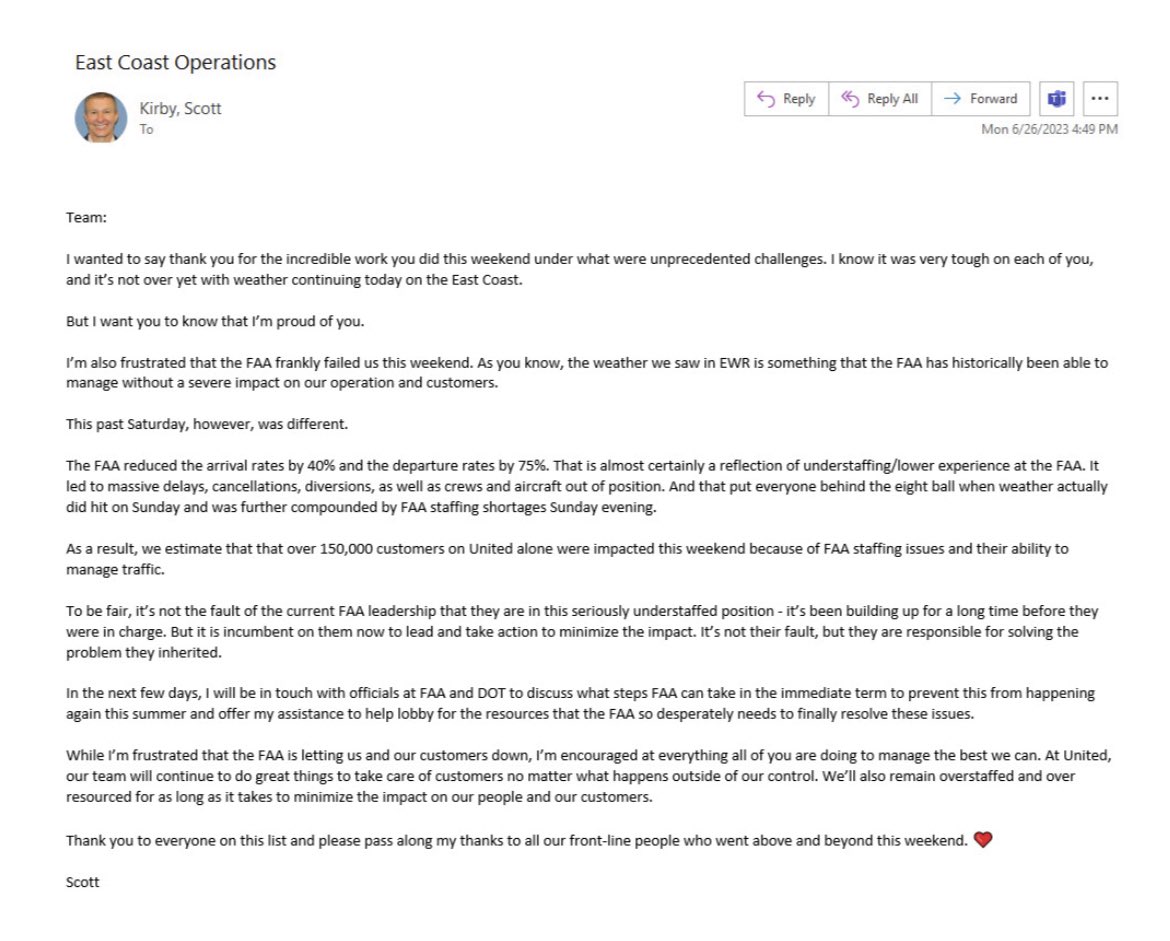
United Airlines CEO Scott Kirby stirred controversy when he blamed the FAA for the recent wave of flight disruptions. In an internal email to employees, he accused the FAA of failing United Airlines by ordering flight cancellations and delays at Newark Liberty International Airport amid challenging weather conditions. Kirby argued that the FAA has historically managed similar conditions without severely impacting operations and customers. Kirby's criticisms were not well received by the FAA.
The FAA's Struggle
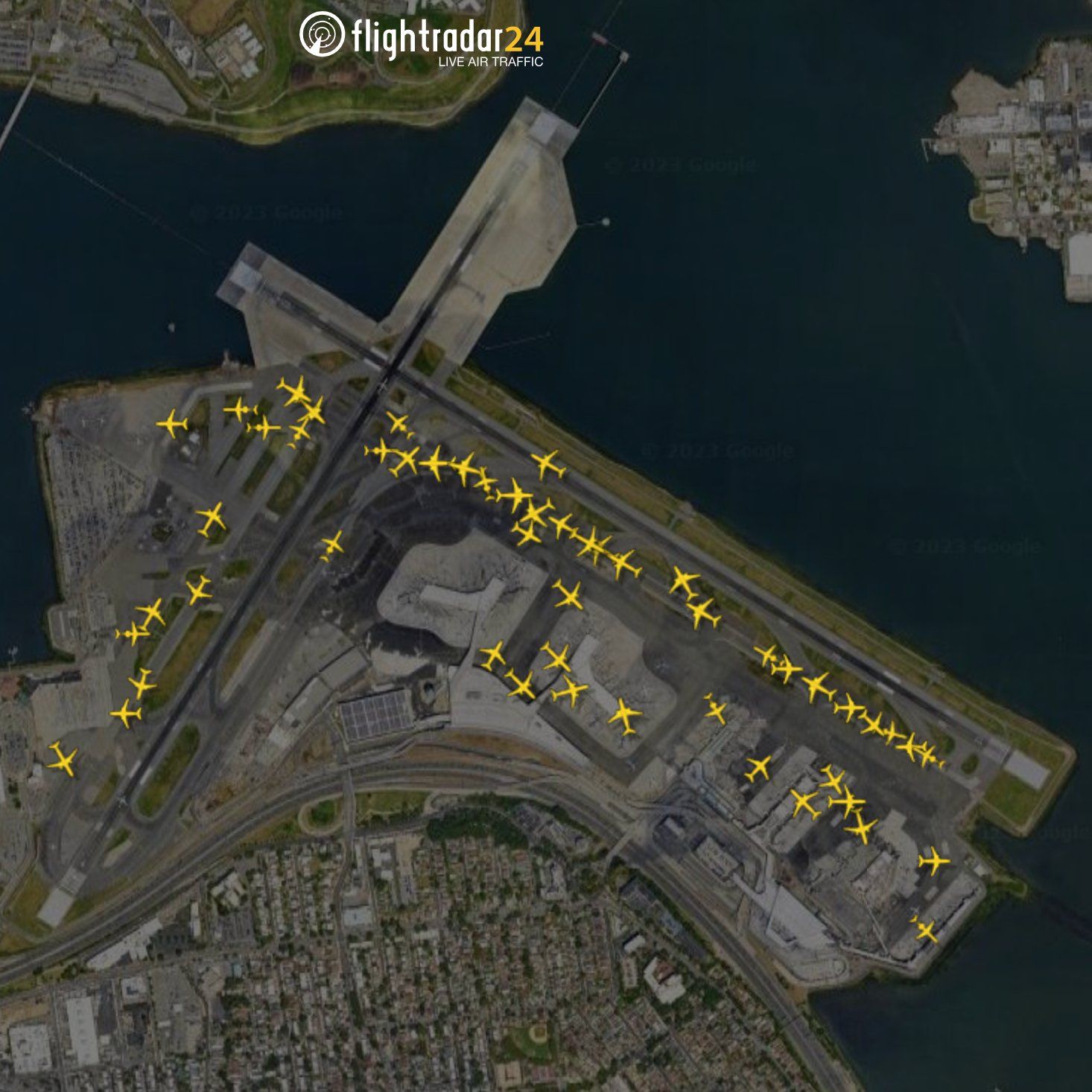
The FAA has had its share of struggles, especially in recent months. Staff shortages have been a particular challenge, with the agency reportedly struggling to fulfill its duties due to a lack of personnel. In March, the FAA issued a notice warning that an air traffic controller shortage at its New York facility could disrupt summer travel. According to that notice, the agency had reached just 54% of its staffing goal for certified professional controllers at that location -- far below the national average.
Kirby acknowledged in his email that the current FAA leadership is not at fault for the understaffing situation, stating that it had been building up for a long time before they came into charge. However, he emphasized that it is incumbent on them to lead and take action to minimize the impact.
The Impact of Weather and FAA's Role
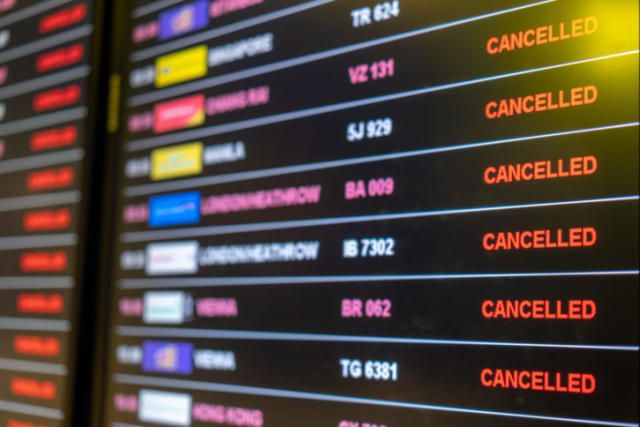
Data from flight tracker FlightAware shows that nearly 700 flights into and out of the U.S. were cancelled as of a Wednesday morning.
Contrary to United Airlines' claims, weather conditions have been a significant factor contributing to the recent flight disruptions. Severe thunderstorms have pummeled the northeast, causing widespread flight cancellations and delays.
The FAA's role in this situation is to manage air traffic in the U.S., it has no influence over the number of flights one particular airline decides to run. The FAA's primary role is safety and to deal with the amount of flights that airlines choose to try to run at any given moment. When severe weather conditions, especially thunderstorms, pose a risk to air travel the FAA has a duty to do its best to limit flights to maintain a safe operation and ensure flights get to their destinations. Airlines have a responsibility to delay and cancel flights to manage risk with such an aggressive schedule in the northeast during severe weather.
Public Response to United's Claims
United Airlines' claims have sparked considerable public debate, with some passengers blaming the airline for the disruptions rather than the FAA. Many passengers have reported significant delays and criticized the airline for inadequate staffing to assist stranded customers.
Even the airline's own pilots posted a rebuttal to Scott Kirby's email blaming management from the airline rather than the FAA.
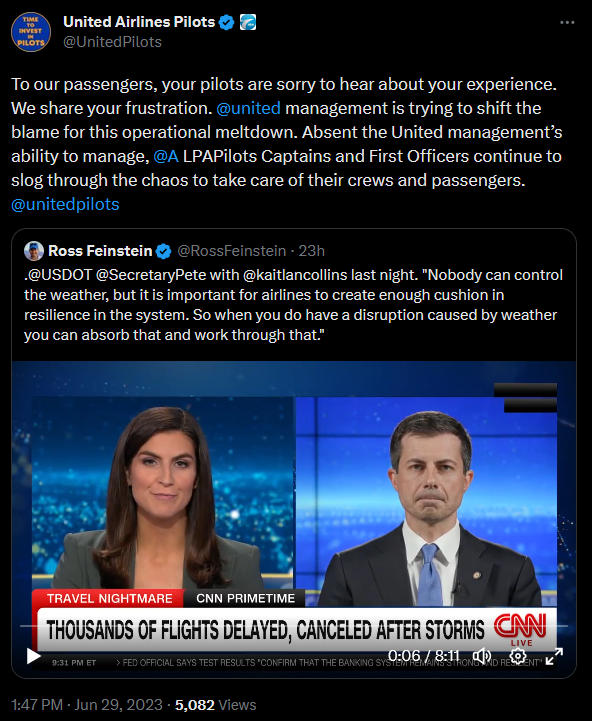
The Larger Picture: Are Airlines Responsible?
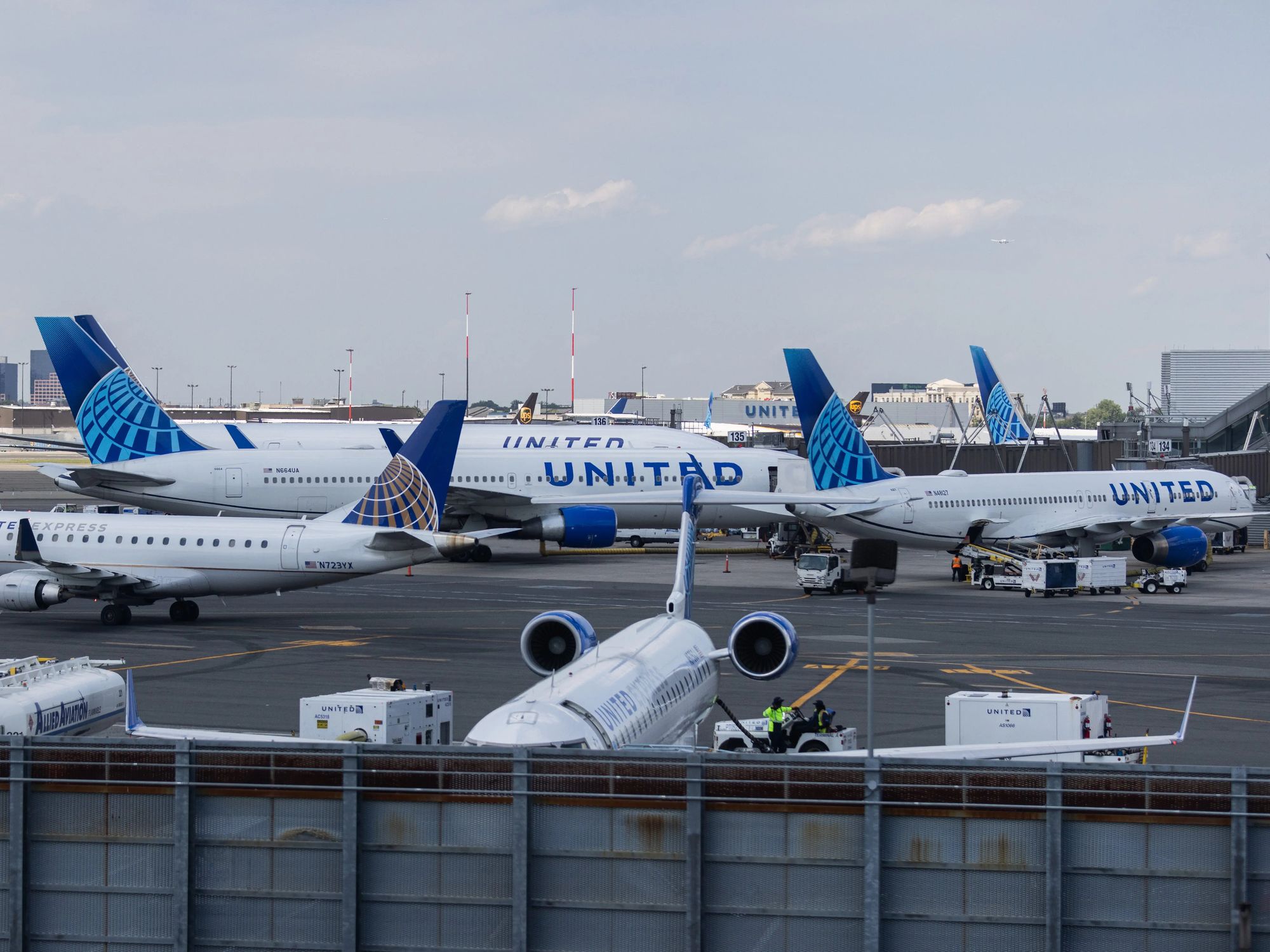
While it is easy to cast blame on a single entity like the FAA, the issue of flight delays and cancellations is more complex and multifaceted. A significant factor contributing to these disruptions is the compact nature of Northeast airports combined with an especially active thunderstorm season.
The Northeast is one of the busiest airspaces globally, with numerous airports in close proximity. This compact nature makes flight management particularly challenging, especially during poor weather conditions. While the FAA plays a role in managing air traffic, airlines also have a responsibility to manage their schedules and ensure sufficient staffing, especially during peak travel seasons and in areas prone to poor weather.
The Future of Air Travel in the Northeast
As we move forward, it's crucial to acknowledge that significant delays will likely be a staple of summer travel in the Northeast unless airlines and the FAA work together to better manage flights in and out of the region. Airlines, in particular, must take greater responsibility in managing their schedules during peak travel and poor weather seasons.
While the FAA does play a role in managing air traffic and flight schedules, the responsibility for managing schedules and ensuring adequate staffing lies primarily with airlines. Instead of casting blame, the focus should be on collaboration and problem-solving to minimize future disruptions and better serve passengers.


